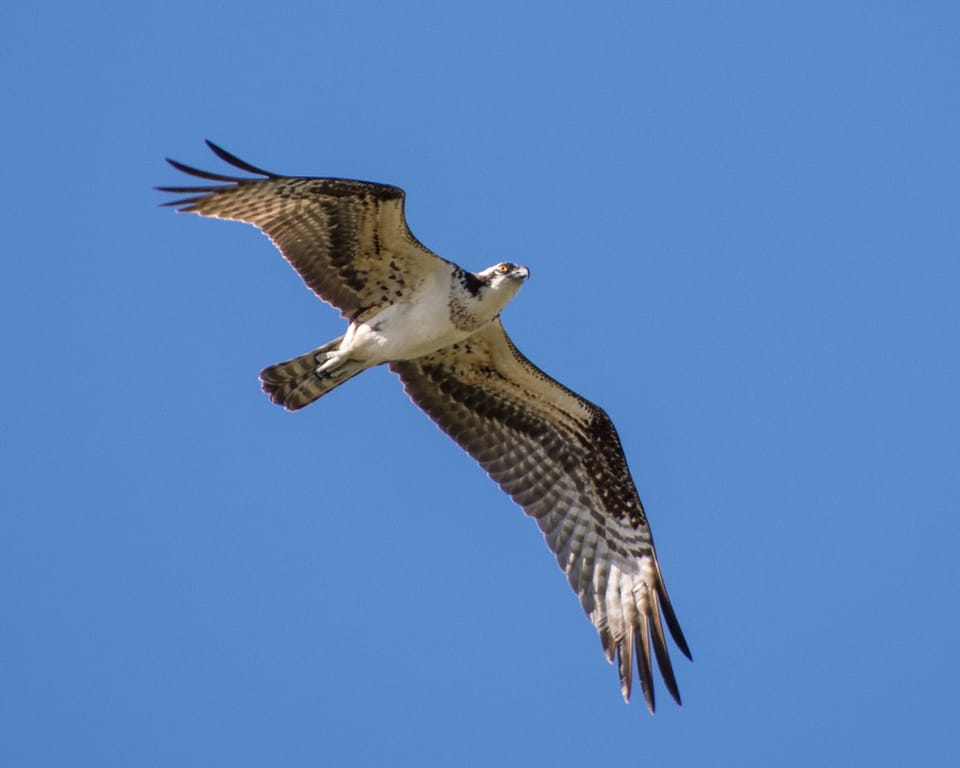EcoWest News, August 6, 2024

Welcome to EcoWest News, a weekly round-up of news and resources that you can put to use in addressing environmental issues and protecting the wild in your community.
Across the West
Fisher River Cree Nation, Manitoba, has acquired Peat Harvest License #5. Their intention is not to harvest peat but to extinguish the licence and shift the 6 areas within the licence to permanently conserved areas. [CPAWS MB]
A large wind energy project in southern Saskatchewan to be developed by Enbridge in conjunction with First Nations and Métis partners (Six Nations Energy Development) would provide enough renewable energy to power roughly 100,000 homes but is meeting with some local opposition. One opponent said, “I didn’t move to the country thinking this would happen. I don’t want to live with the wind and noise.” [Discover Weyburn, SaskToday]
Dr. Joe Vipond, co-founder of the Calgary Climate Hub, has received the Canadian Medical Association Award for Political Advocacy. Firsthand experience with the health effects of climate change as an emergency physician has propelled his commitment to advocating for environmental policy reforms. [Calgary Climate Hub]
10 years after a tailings dam breach at the Mount Polley mine spilled 25 billion litres of toxic sludge into local lakes and creek, the mine is still releasing toxic wastewater into Quesnel Lake and wants to build the dam higher still. [The Narwhal]
Experts in BC are looking into alternate chemicals and the use of rain gardens to prevent the chemicals added to car tires from killing salmon. [The Discourse]
Around the World
Backyard trees form a large portion of the urban forest, but they may not be sustainable in a hotter, drier world as many are not native species and they tend to be less drought-tolerant than trees in parks and natural areas. [Anthropocene]
The Urban Land Institute offers 5 fact sheets describing ways in which urban parks can act as carbon sinks, invest in solar energy, support ecosystem restoration, mitigate urban heat, and promote green infrastructure. [Knowledge Finder]
Making a Difference
Melissa Humana-Paredes is using her participation in the Olympics beach volleyball competition as a platform to bring more attention to the climate crisis. [Maclean’s]
A suburban community in Utah is being proactive in attempting to protect a migratory route for mule deer. The mayor says, “We’re trying to create something unique, and not just another urbanized development … If we can have an equal amount of land dedicated to outdoor recreation and wildlife, that just seems like a pretty ideal place to live.” [High Country News]
Buoys help to moor lines, mark objects, and signal navigation and are a multi-billion-dollar business. They could become plastic-free thanks to mushrooms. [Modern Farmer]
Food for Thought
Dictionaries currently define nature as separate from humans. “We want dictionaries to reflect the scientific fact and overwhelming consensus that humans are part of nature ... If we want people to protect nature then they need to feel a connection to nature.” [The Guardian]
Nature’s Wonders
The Salish Sea in BC and Washington state has it all: mountains and volcanoes, cactus and rainforests, over 400 islands, waters sheltered from ocean storms, an extravagant biodiversity from orcas to eelgrass, and a rich history [12-min video, Bob Turner]
Photo credit: https://www.flickr.com/photos/apmckinlay/23265836266
EcoFriendly West informs and encourages initiatives that support Western Canada’s natural environment through its online publication and the Nature Companion website/app. Like us on Facebook, follow us on Twitter or Mastodon, or subscribe by email.

Member discussion